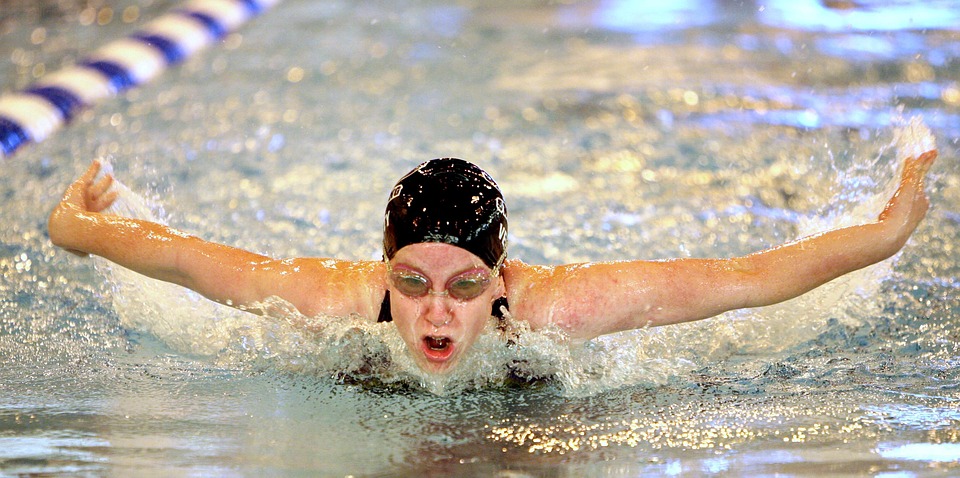Swimming pool filtration is the process of removing impurities from the water in a swimming pool to ensure it is clean, safe, and clear. Filtration systems typically consist of a pump, filter, and sometimes a sanitizer, such as chlorine or bromine.
Imagine taking a dip in a swimming pool on a hot summer day. The crystal-clear water, inviting you to cool off and relax. Have you ever wondered how this pristine condition is maintained? The answer lies in swimming pool filtration, a crucial process that involves removing impurities from the water to ensure its cleanliness, safety, and clarity. In this article, we will explore the importance of swimming pool filtration systems and how they work to keep our pools in top-notch condition.
At the core of every swimming pool filtration system, you will find three essential components working together seamlessly. These components are the pump, filter, and sometimes a sanitizer, such as chlorine or bromine. Each component plays a vital role in ensuring that the water remains clean and free of any harmful substances that can compromise swimmer’s health and enjoyment.
The pump is the heart of the pool filtration system. It circulates the water, forcing it through the filtration process. By creating a continuous flow, the pump ensures that every drop of water is eventually filtered, removing any dirt, debris, or contaminants that may accumulate over time. The pump’s motor operates silently in the background, diligently pushing the water through the system, while we enjoy carefree moments in the pool.
Next in line is the filter, which acts as the primary line of defense against impurities. There are various types of pool filters available, including sand filters, cartridge filters, and diatomaceous earth (DE) filters. Sand filters use a bed of specially graded sand to trap dirt and debris, while cartridge filters rely on removable cartridges made up of pleated fabric to catch impurities. DE filters, on the other hand, use a porous powder made from fossilized remains of tiny aquatic organisms to form a layer that captures even the tiniest particles.
As water passes through the filter, these impurities get trapped, leaving behind clear water that is ready to be enjoyed. However, no matter how effective the filter is, it can become overwhelmed with accumulated debris over time. This is where regular maintenance comes into play. Proper cleaning and maintenance of the filter, including backwashing or replacing filter media, is crucial to keep it running efficiently and guarantee long-lasting effectiveness.
Finally, in some pool filtration systems, a sanitizer is used to kill any bacteria, viruses, or algae present in the water. The most commonly used sanitizers are chlorine and bromine. These chemicals work by releasing free radicals that attack and destroy harmful microorganisms, preventing them from spreading and posing a threat to swimmers’ health. It is important to note that while sanitizers are essential for maintaining safe water conditions, they need to be balanced carefully to avoid any adverse effects on swimmers, such as skin and eye irritations.
Efficient swimming pool filtration systems not only ensure clean and safe water but also contribute to the overall pool maintenance and longevity. Timely upkeep and regular inspection of all system components help prevent major issues and extend the life of the filtration system.
In addition to the mechanical filtration process described above, it is also worth mentioning the role of circulation and chemical balance in achieving optimal water quality. Proper water circulation ensures even distribution of chemicals, temperature consistency, and prevents the formation of stagnant areas where impurities can accumulate. Maintaining proper chemical balance, including pH, total alkalinity, calcium hardness, and sanitizer levels, is equally critical. These parameters should be regularly monitored and adjusted to ensure effective sanitization and a comfortable swimming experience.
In conclusion, swimming pool filtration is a complex yet vital process for ensuring clean, safe, and clear water. The pump, filter, and sanitizer together form the backbone of the filtration system, working tirelessly to eliminate dirt, debris, and harmful microorganisms. Regular maintenance, including filter cleaning and water chemical balance, is key to the longevity and effectiveness of the system. So, the next time you take a dip in a swimming pool, appreciate the effort that goes into keeping the water inviting, refreshing, and free of impurities.
Swimming pool filtration is essential for maintaining clean, safe, and clear water in pools. The process involves three main components: the pump, filter, and sanitizer. The pump circulates the water through the filtration system, removing dirt and contaminants. The filter is the primary defense against impurities and can be of various types, such as sand, cartridge, or DE filters. Regular maintenance, including cleaning the filter, is crucial for its efficiency. Some filtration systems also use sanitizers like chlorine or bromine to kill bacteria and algae. Proper water circulation and chemical balance are also important for optimal water quality. Overall, swimming pool filtration is a complex process that ensures a pleasant swimming experience.
